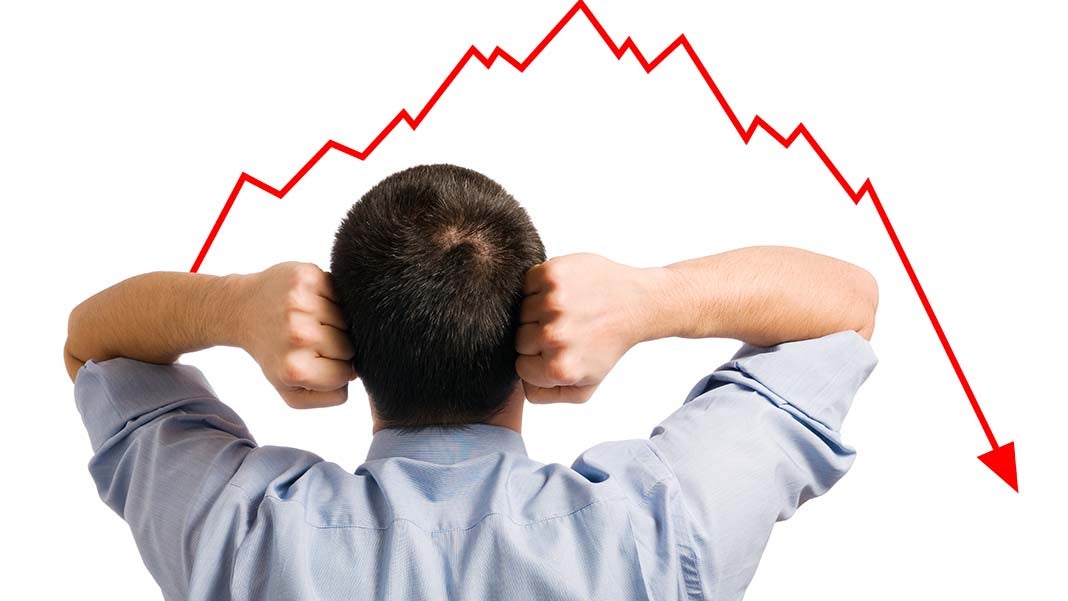
This is a question often asked by entrepreneurs, and the short answer is maybe. The longer answer is that it depends on your circumstances and the type of finance you take out. If you’re a sole trader or member of a non-limited liability partnership, of course, then it’s an unequivocal yes—you are personally responsible for any and all debts that your business acquires.
In contrast, if you are a director of a limited company then the debts are confined to the business and not attached to individual directors. However, there are inevitably some exceptions to this rule.
First, if you’ve taken out a personal guarantee on a business loan, then you’re on the hook if anything goes wrong and you experience business failure. With young businesses, banks and other lenders may insist on a personal guarantee before advancing finance, and this means that the failure of the business could damage your lifestyle and even claim your house. Think very carefully before making such a commitment, even if the loan is crucial to your company’s growth.
How personal and business finances can become intertwined.
Giving a personal guarantee on a business loan isn’t the only way your personal finances can become mixed up with your company’s. Following the financial crash of 2008, banks have significantly tightened up their lending criteria, and though alternative finance lenders tend to apply less restrictive criteria it is now difficult for some young businesses to get any finance at all.
In this situation, it is very tempting for the principals to use their personal borrowing facilities to inject finance into the company. A small-scale example would be using a personal overdraft to smooth over a cash flow problem. More seriously, many entrepreneurs remortgage their homes to provide the cash to launch or grow a new business. This can pay dividends if all goes to plan—but if it doesn’t and it ends in business failure, they’ll end up homeless as well as out of business.
What happens when a company becomes insolvent?
A business is considered insolvent if it is unable to meet its financial commitments, or when its liabilities exceed its assets. Once the principals or directors are aware that a company is insolvent, they can incur a personal liability for any additional debt incurred by the business.
Further, if the company takes on further debt that it has no realistic chance of repaying, this could constitute the criminal offence of trading whilst insolvent. Once again, the directors can become personally liable for the company’s losses, and may be required in addition to pay consequent damages.
In particular, if the directors’ loan account is overdrawn when the business goes into liquidation, then those sums automatically become a personal liability. The insolvency practitioner handling the liquidation can demand summary repayments of these loans to mitigate the losses of the company’s creditors and may resort to legal action if the funds are not forthcoming.
The worst case scenario would be the personal bankruptcies of the directors, meaning that they would personally be taken down by the failing business. In short, you must be seen to be trading responsibly at all times and acting in creditors’ interests.
Should the worst come to the worst, you should involve a specialist insolvency practitioner at the earliest opportunity and consider any opportunities to restructure the business.
Author: Carl Faulds is a business recovery specialist. He started work in the Business Recovery profession in 1990 and has continued to pursue an ethos of working with distressed businesses to help them overcome their financial problems. As Managing Director of Cashsolv, he offers advice and support to overcome cash flow problems and identify possible underlying problems that can be addressed to ensure a positive future for your business.
2909 Views












